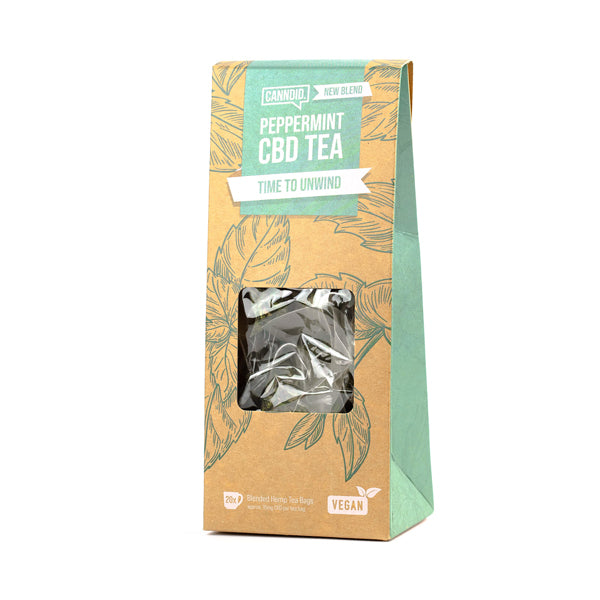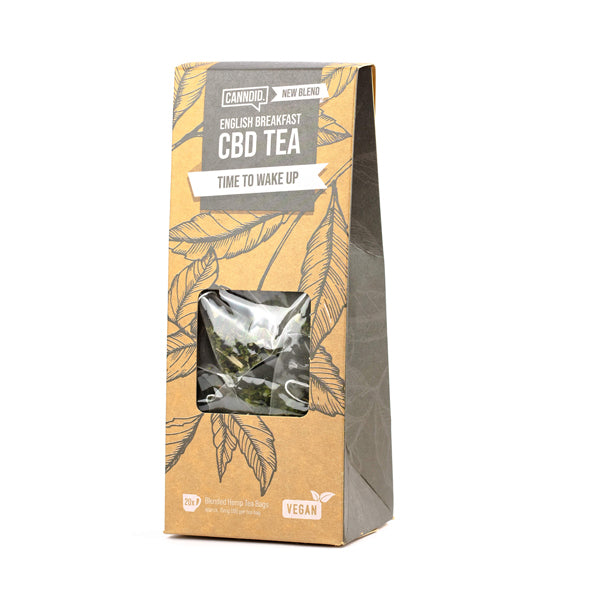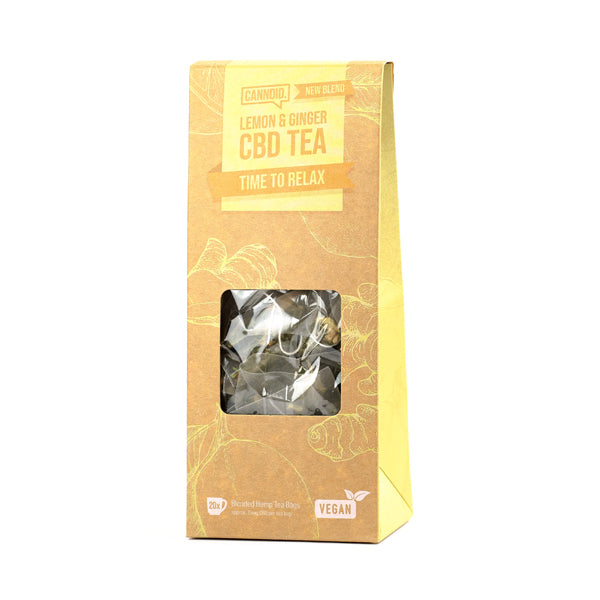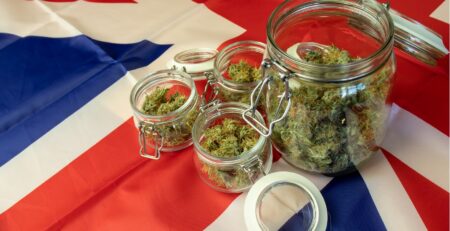6 FAQ about CBD
There are various issues that need to be clarified about Cannabidiol (CBD) since it is sourced from cannabis, which is outlawed in most states.
In recent times, CBD has been widely embraced as a treatment for certain illnesses without bringing about the toxicity or side effect problems of pharmaceutical drugs. There have been plenty of individuals around the world who have waxed lyrical on CBD and claimed that it has had a huge impact on their lives. It’s necessary then to comprehend what CBD oil can do as well as what it cannot do. If you’re considering using this product it is wise that you’re realistic about what it can do for what condition. You should not depend on different company promises or claims as there are some charlatans out there, but work towards understanding the variety of different CBD oils, their uses and how they work and if the company you are looking at is reputable.
1. What is Cannabidiol and how is it used?
It is a compound isolated from the cannabis plant with notable, researched l benefits. It does not make people feel high but rather it is believed it counteracts the psycho-activity of Tetrahydrocannabinol (THC) which is more psychoactive and is the compound that produces the ‘high’ feeling. In fact, THC is the primary psychoactive component of cannabis. Unlike THC, CBD oil is neutral and can actually counteract the effects of THC. CBD is not a recognised medicine and further research needs to be done. Please be careful when people characterise it as having anti-convulsant, anti-inflammatory, anti-psychotic, antioxidant, anxiolytic, antiemetic or any other benefits. There is much more research required before any of these claims on line and elsewhere can be relied on. Always consult a doctor for advice and he will always try to recommend the best products for you personally. It has also been claimed it can be used in treating nausea and vomiting, neuro-inflammation, seizures, psychosis, spasms and oxidative stress, again please seek professional advice and help. It is important to note that someday CBD may be considered a option but it’s important to wait to see the scientific and clinical research, with the United States government being the primary sponsor, underscored the potential of CBD in treating neurological disorders such as epilepsy and other conditions such as diabetes, alcoholism and arthritis.
2. Is CBD Legal?
In the United States, federal and state laws regarding the medical use of cannabis and cannabinoids are in conflict and have led to confusion among patients, caregivers, and healthcare providers. Currently, cannabis is legal for medical cases in 50% of the states, and another seventeen states allow products that are high in cannabidiol (CBD) and low in THC (tetrahydrocannabinol <0.3%) for medical use. The FDA has not approved any CBD products to be used as medication yet but controlled clinical trials are being undertaken.
3. Where can I buy CBD?
There are physical as well as online stores where CBD Wholesale can be found. In order for a person to purchase a product of CBD, the state where and the type of CBD being purchased must be considered. In California, online shops require the buyer to register on their website, collect a medical card and then proceed to order their product. A google search of the state you are in is highly recommended to ensure the legality of what you are buying.
4. Can Cannabidiol get you high?
Cannabis does not get you high. The active compound in cannabis that gets a person high is THC and in hemp oils or CBD oils the level of THC is less than 0.2% in the hemp used in EU and below .3% in the USA.
5. What CBD products are safe?
Prior to the purchase of a CBD product, the buyer should always confirm that the company that has manufactured the CBD extracts from crops that are free of pesticides or chemical fertilizers. The manufacturing organization should also be willing to showcase their laboratory results. In addition, manufacturing companies should be licenced by the government to produce hemp or marijuana products.
6. How does one take CBD?
CBD products may come in form of capsules, syrups, edibles, tinctures, or CBD oils. When CBD is used in the form of oil or a CBD tincture, it is absorbed directly into the bloodstream.
We hope to have answered some of the most pressing questions about CBD and we will cover much more as time goes on.








